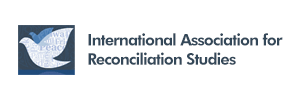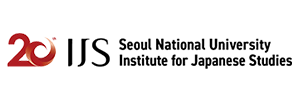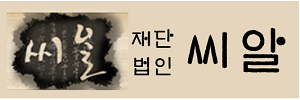BRIDGING A DIVISION
To Overcome the Barriers that Divide UsThe IARS (International Association for Reconciliation Studies) will hold its 6th annual conference in Seoul, South Korea, from July 14 to 18, 2025. The conference’s main theme is “Bridging a Division.”
The international community seems to be retreating from globalization and entering an era of major divisions once again. As demonstrated by the recent wars between Ukraine and Russia, and Israel and Palestine, conflicts deeply rooted in historical antagonisms, which have consistently failed to create a path toward reconciliation, are sparking additional conflicts, further entrenching these lines of division. In this context, discussing reconciliation in Korea, especially in 2025, holds profound significance.
The year 2025 marks 120 years since Korea's subjugation under Japanese colonization, during which Japan gradually and coercively moved toward the final annexation treaty of 1910. Soon after colonization began, resistance movements against Japan erupted across the Korean Peninsula and continued until liberation. The history of colonial rule by a foreign power provided the structural backdrop for myriad atrocities. In 1945, after the Second World War, Korea was liberated from Japan but soon faced the onset of national division, which eventually led to the Korean War and further internal divisions. Twenty years later, in 1965, Japan and Korea normalized diplomatic relations by signing a treaty, formally embarking on a path toward reconciliation. However, both countries have yet to resolve their differing historical perceptions of the colonial period. South Korea also endured further oppression under dictatorship and authoritarian regimes, during which innocent students and citizens fell victim to state violence.
Over the course of 120 years, the Korean people have withstood immense suffering due to both external and internal state violence through colonialism, war, and dictatorship. Consequently, multiple lines of division have emerged between Japan and Korea, North and South Korea, the state government and civil society, conservative and progressive factions, and even among different regions and generations. These divisions have led to secondary and tertiary waves of tragedy and pain. Therefore, “bridging a division” is also a historical imperative for Koreans.
In the midst of this tunnel of agony, the people of the Korean Peninsula have cherished a deep longing for reconciliation, and in 2000, former South Korean President Kim Dae-jung was awarded the Nobel Peace Prize for his efforts toward reconciliation. Nevertheless, raising the issue of ‘reconciliation’ in Korea is both difficult and fearsome. There is a strong consensus that one cannot engage in discussions about reconciliation without first revealing the truth and confronting the need for accountability. In a society where there is strong resistance to reconciliation, discussions on the topic may need to begin by acknowledging its potential impossibility. Nonetheless, within this context, the exploration of reconciliation in Korea takes on a paradoxical significance.
The 2025 IARS Seoul Conference aims to transcend this paradox and acquire universal wisdom to advance reconciliation by sharing the experiences of Koreans with the world and learning from global perspectives. For this year’s conference, we focus on the following aspects of reconciliation:
- Overcoming the legacy of colonialism and historical reconciliation,
- Reconciliation process of empires and of colonies,
- The dissolution of empires and resulting fragmentation,
- Divisions and conflicts in colonial liberation movements,
- Post-colonial issues and state violence,
- The global expansion of the Cold War and its regional characteristics,
- The relationship between accountability and reconciliation in the process of resolving historical issues,
- Issues related to transitional justice,
- The relationship among memory, justice, and reconciliation,
- The relationship between Memory Studies and Reconciliation Studies,
- The role of civil society in reconciliation of historical antagonisms,
- Case studies on division and struggles to overcome in various parts of the world.
SEOUL
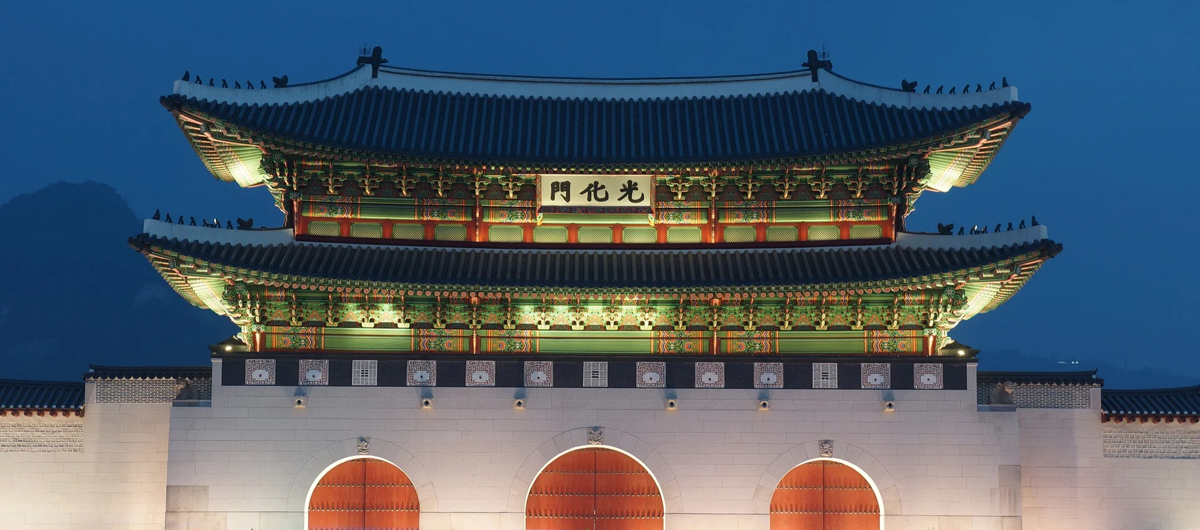
Seoul is a city where Korea’s modern and contemporary history is concentrated. Particularly during the Korean War, it was a place marked by the pain of countless displacements and acts of violence as control alternated between the North and South. Conversely, the desire and determination to overcome this painful history of division have transformed Seoul into one of the world’s most dynamic megacities. Therefore, in 2025, our participation in this conference in Seoul will invite deep reflection on reconciliation as we acknowledge the scars of division present worldwide and share the struggles and aspirations of those striving to overcome them.
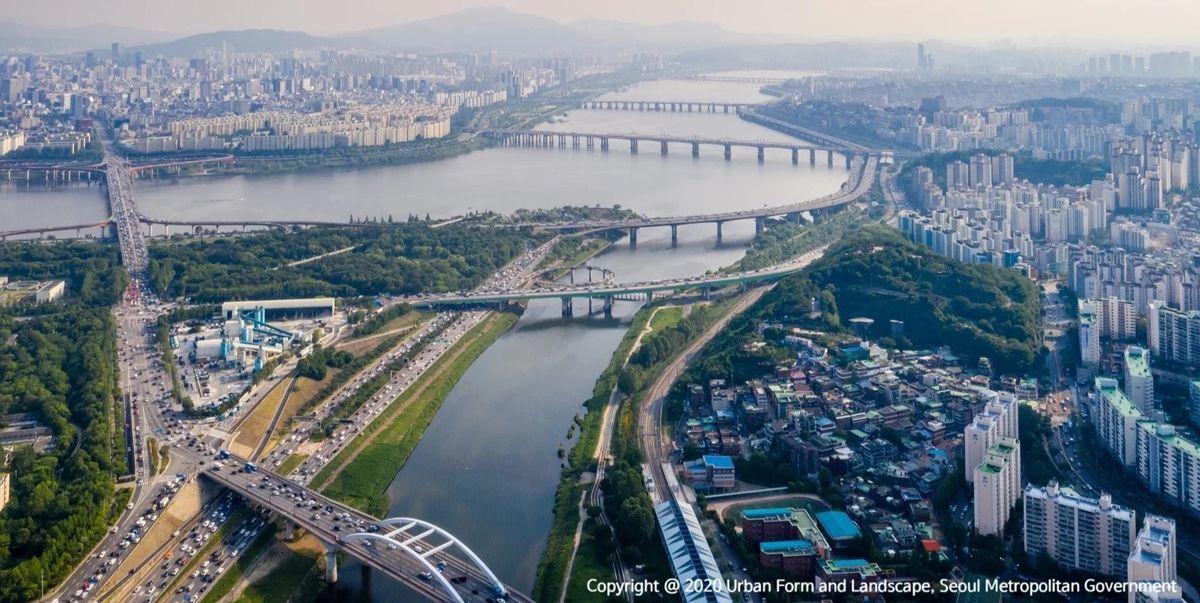
Seoul National University, where the 2025 IARS Seoul Conference will be held, is one of the most prestigious academic institutions in Korea, making it a highly meaningful venue for the event. Beyond its role as a leading institution of modern education in Korea, Seoul National University also shares Korea’s painful colonial history due to its origins, which obligates the university to reflect on and address historical issues. In this context, the IARS Conference at Seoul National University will not only serve as a platform for academic discussions but also provide valuable inspiration for overcoming historical wounds and seeking a future-oriented path toward reconciliation and peace.


